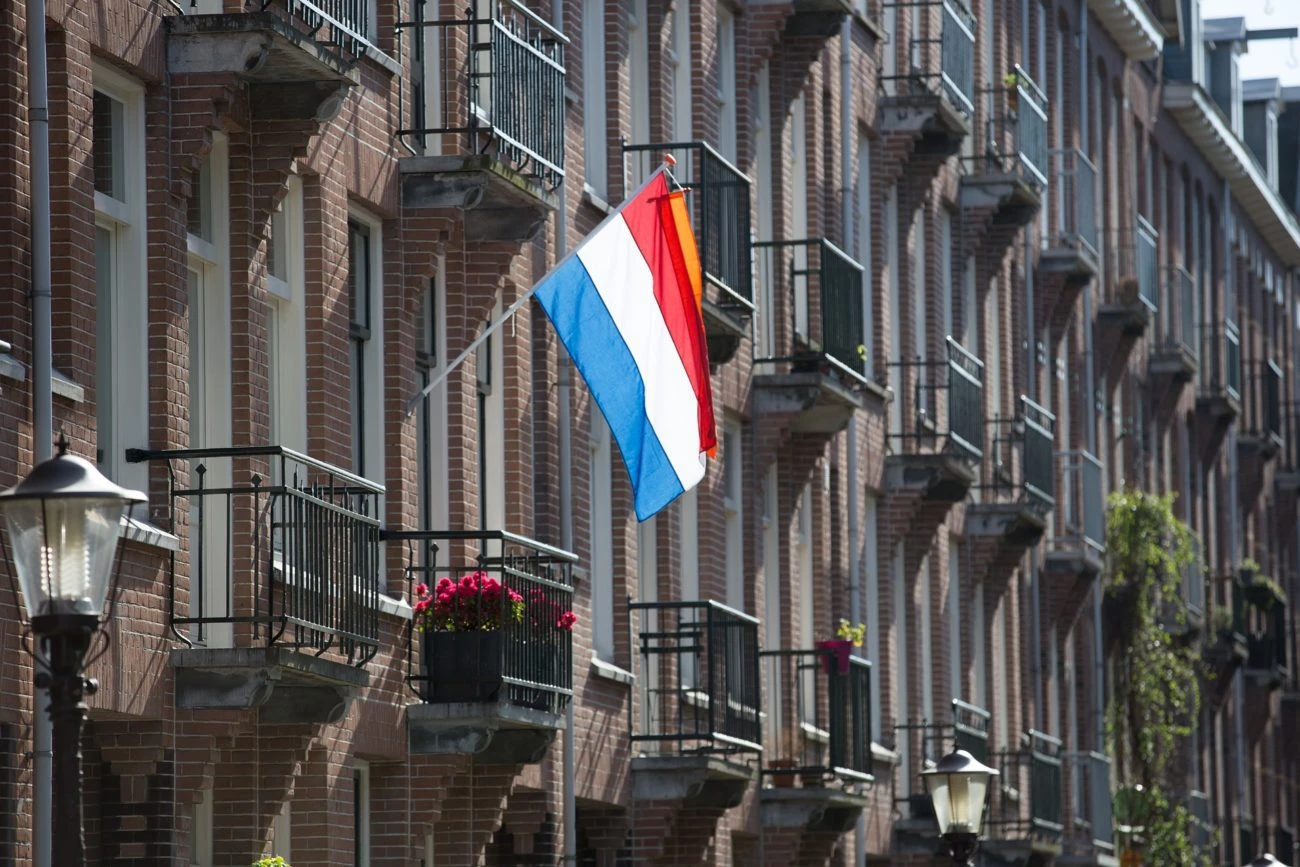Dekker: Dutch licensees must rebuild customer databases

Dutch licensees will be required to start from scratch when they launch in the country’s regulated igaming market, with the use of customer data gathered from any activity in the unregulated market prohibited.
Minister for Legal Protection Sander Dekker confirmed this rule in the latest round of questions submitted by members of parliament regarding the Remote Gaming Act.
This saw the People's Party for Freedom and Democracy (VVD) raise concerns about how the legislation would successfully attract players to legal offerings, considering there was an estimated 1m already gambling via unlicensed sites.
Dekker said that whether a company had previously offered its services illegally to Dutch consumers could result in licence applications being rejected, unless the operator in question had ceased doing so for at least two and a half years.
Any customer data collected during previous operations must not be used once they secure a licence, the minister added. This, he said, was down to the fact that the Remote Gambling Act sets out strict operating conditions for the industry, and any data not collected under these conditions would be eligible to be used.
However, Dekker admitted that with all operators effectively starting with no customers, this may have some impact on channelisation rates in the short-term.
The Christian Democratic Appeal (CDA), meanwhile, queried whether the continued presence of some providers that refused to comply with the current prohibition of igaming would undermine efforts to create a secure regulated market.
Dekker, however, argued that the implementation of the Remote Gambling Act would make it easier to tackle these operators. The country’s gambling regulator, the Kansspelautoriteit (KSA), will gain additional powers once the act comes into force from January 2021.
This will see it have the power to issue binding orders to suppliers such as payment service providers, advertising partners and media businesses to stop providing services to these illegal operators.
The Minister also looked to assuage fears that a wider igaming offering would shift players from low-risk forms of gambling such as lotteries to products that are seen to create a greater risk of problem gambling. Dekker said there would be a clear separation between lotteries and other igaming products – which must be offered on separate sites – to mitigate this risk.
He also admitted that the phrase “excessive participation in games of chance” – which has been used to understand risky gambling behaviour that can lead to gambling addiction – needs to be reviewed. While operators are required to set out their player protection strategies as part of their licence applications, Dekker said more clarity was needed to determine what this phrase actually means.
The Remote Gaming Act is to come into force from January next year, with the market to open for business from 1 July.
